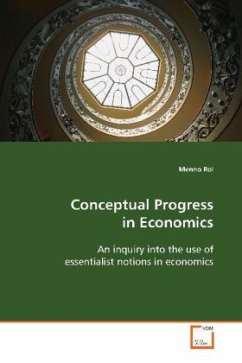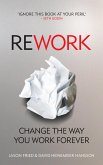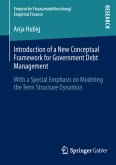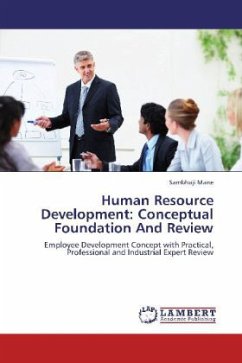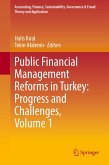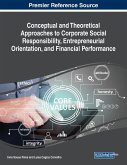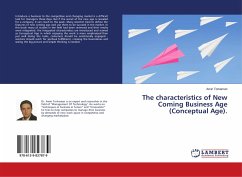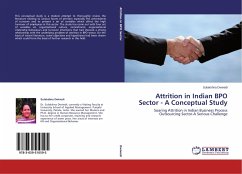How to recognise scientific progress and policy
relevance of theories in the practice of economic
theory makers? To answer this question, we depict
what economists have in fact been doing. Starting
point is the essentialist approach of the Austrian
capital theorist Eugen von Böhm-Bawerk.
As to progress in science, instrumentalism and
realism are well known philosophical positions.
Despite self-conceptions by modern economists to the
contrary, they are inclined toward realism; many
appear to even have an implicit taste for
essentialism. Thus, abstraction of the
supposed ''fundamental'' aspects of economic reality
turns out to be the engine for research of the
supposed causes of economic phenomena.
But abstraction is not the same as the use of
ceteris paribus clauses. This investigation also
brings clarity to the much debated difference
between abstraction and idealisation.
Lastly, this thesis defends the essentialist
practices in economics while trying to do justice to
the fact that knowledge can only be indexed to
conceptual schemes.
relevance of theories in the practice of economic
theory makers? To answer this question, we depict
what economists have in fact been doing. Starting
point is the essentialist approach of the Austrian
capital theorist Eugen von Böhm-Bawerk.
As to progress in science, instrumentalism and
realism are well known philosophical positions.
Despite self-conceptions by modern economists to the
contrary, they are inclined toward realism; many
appear to even have an implicit taste for
essentialism. Thus, abstraction of the
supposed ''fundamental'' aspects of economic reality
turns out to be the engine for research of the
supposed causes of economic phenomena.
But abstraction is not the same as the use of
ceteris paribus clauses. This investigation also
brings clarity to the much debated difference
between abstraction and idealisation.
Lastly, this thesis defends the essentialist
practices in economics while trying to do justice to
the fact that knowledge can only be indexed to
conceptual schemes.

